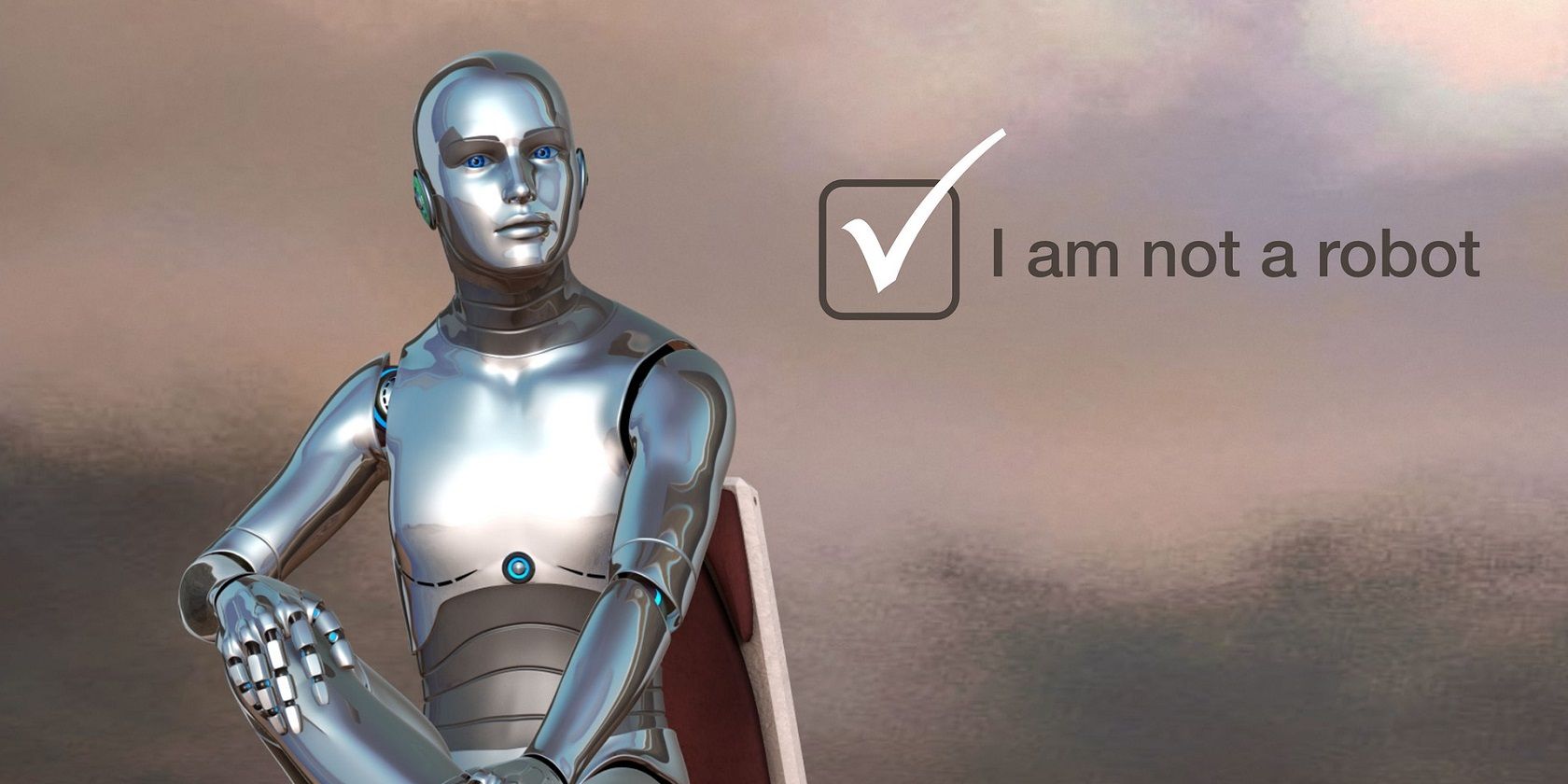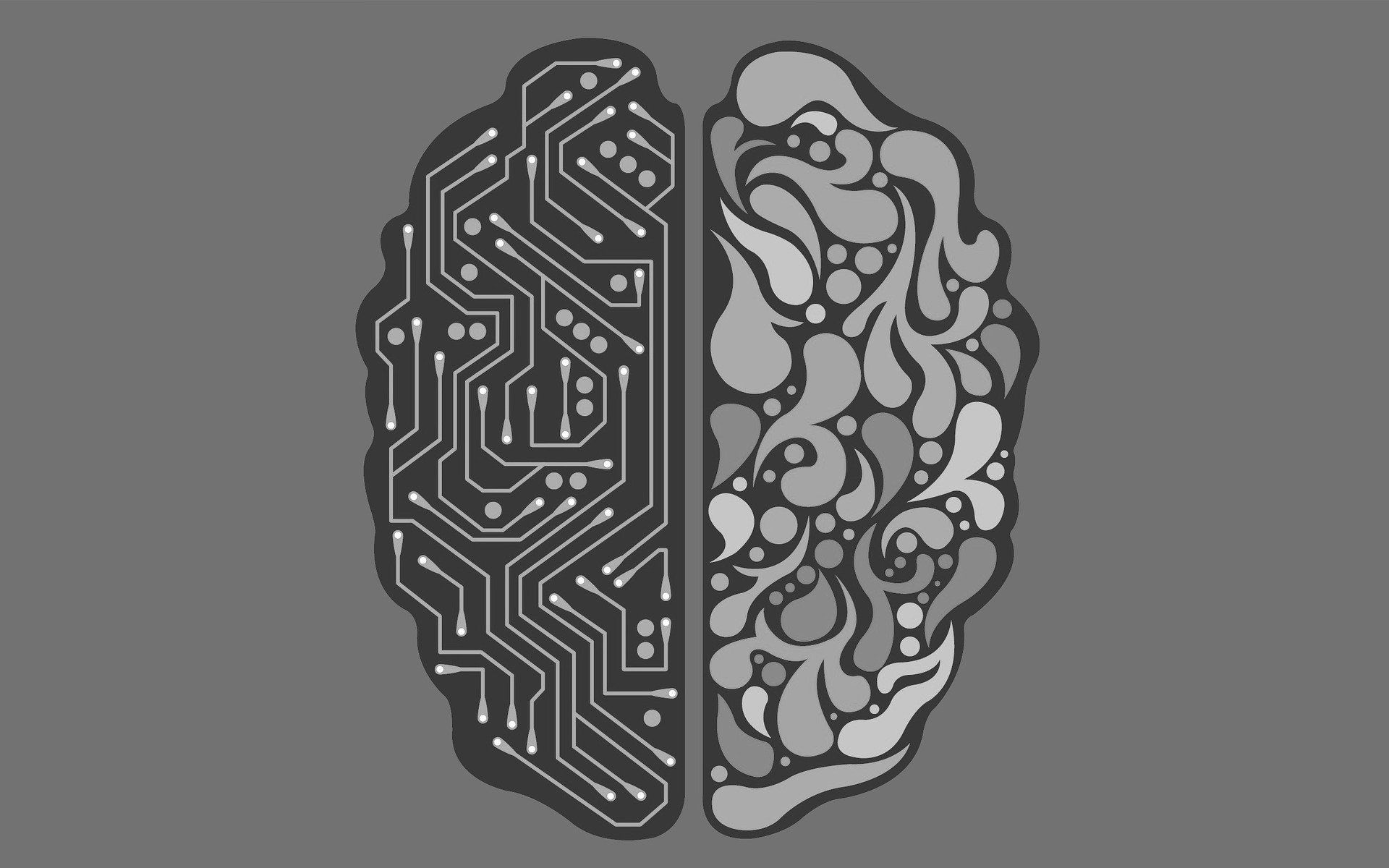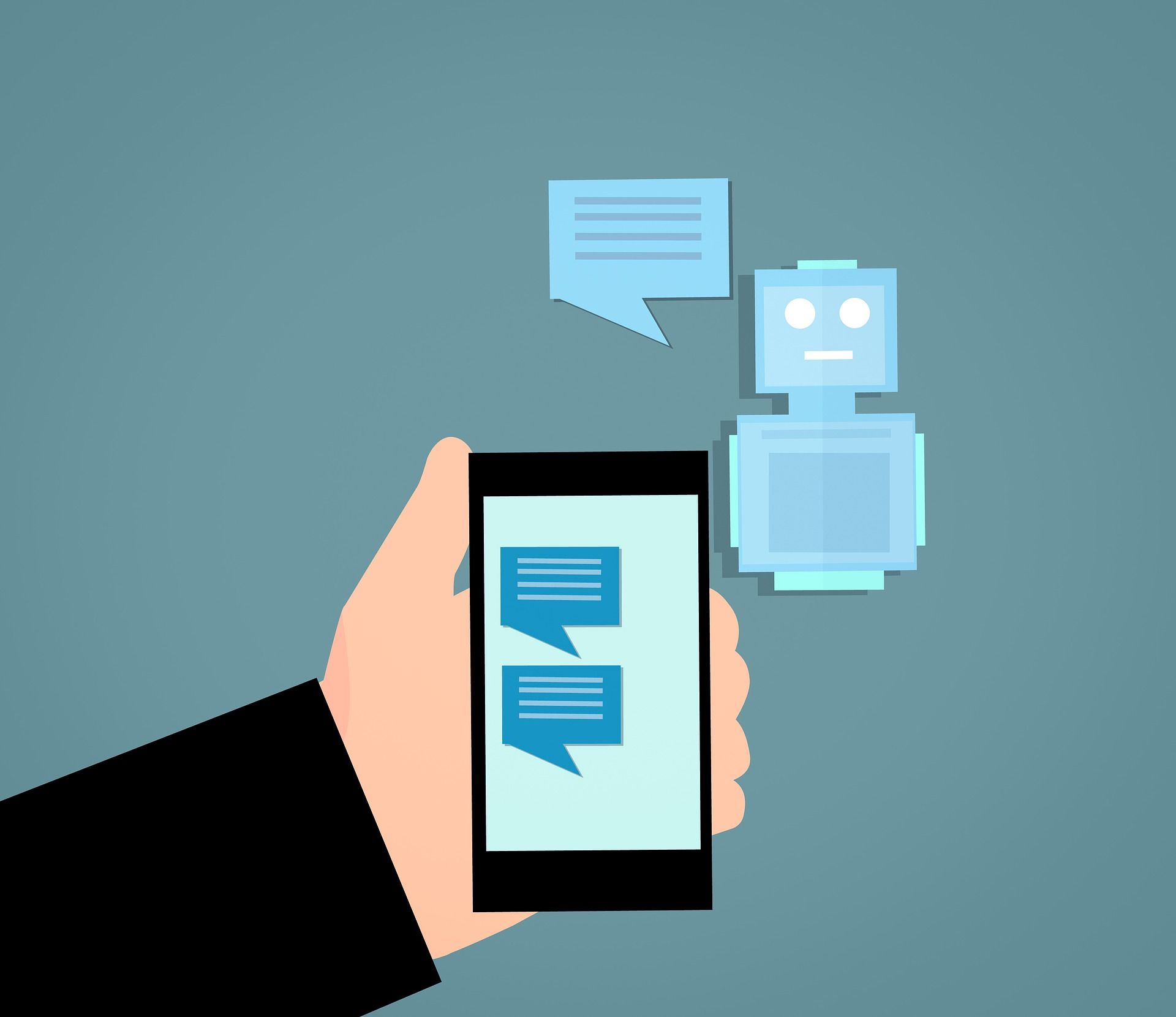When it comes to technology, artificial intelligence (AI) is a hot topic. As more designers and programmers integrate AI into their online platforms, it's clear that AIs are more than just science fiction. In fact, using artificial intelligence is well on its way to becoming a standard practice.
One of the many industries interested in advancing AI to enhance its tech is cybersecurity. For some, AI programs offer exciting capabilities that reinvent what users expect from security services.
What Is AI?
We all know about artificial intelligence in comics and movies, but how does reality compare to science fiction? Although there aren't many AI androids out there that can seamlessly recreate human interactions, we may not be too far away.
As the name suggests, artificial intelligence is a series of programs that aim to simulate human intelligence. These programs use complex algorithms and powerful machines to mimic the critical thinking part of the human mind.
Skills like problem-solving and decision-making are particular tasks AI programs try to emulate. Of course, AI does not always look like the media portrays it. There are already tons of jobs performed by AIs that may surprise you.
Additionally, some programmers make AI specifically designed to perform artistic activities, such as painting or writing.
How Is AI Used in Cybersecurity?
Depending on the programmer, and their approach, there are many ways to use artificial intelligence. Some of the most popular include:
Reporting Strange Behavior
These days, fraud detection is something you'll find included with most online accounts. That's because it’s not difficult for traditional programs to recognize when certain activities deviate from normal account usage.
For example, you may notice when you log in to an account from abroad or try to make a substantial purchase, you'll need to verify your identity. Otherwise, your account may lock you out.
Using unique learning algorithms, however, AIs identify these abnormalities with higher reliability than a human could. In addition, they can use datasets to make more accurate predictions that don’t require noticeable suspicious changes (like large purchases or changes in IP address).
Artificial intelligence may also recognize when someone hacks an account and engages in malicious activities. For example, we all know someone who's had their social media account hijacked. These attacks frequently spam virus-infected links or phishing emails to rob your contacts of information.
AI programs can help block these assaults from sending links to friends and automatically suspend user accounts until they are fixed.
You may also notice that sending links to illegal streaming sites is difficult under certain messaging platforms. Popular services like Facebook Messenger flat out refuse to deliver sketchy links to recipients. AI helps detect these links.
Flagging Bots
Cybersecurity is more than dealing with human accounts, though. Bots are a severe security problem plaguing many online platforms.
If you're not familiar with bots, they are a software tool often used by scammers. Bots trick users into clicking on suspicious links or handing over information. On places like Facebook and Tinder, it's not uncommon for bot accounts to pop up. They then take advantage of people who are looking to connect with like-minded others.
Additionally, bot accounts often exist to spread misinformation or falsely increase follower counts.
However, some bots are entirely predictable, as they use similar introductory phrases or perform repetitive activities. AI measures help find these bots and shut them down.
Identifying Explicit Images
AIs can also learn to label images using deep learning datasets and clever coding. These image recognition programs can accurately identify tons of different pictures. While image recognition is a nifty feature that helps people identify plants or determine if their symptoms are worrisome, this technology has another vital purpose.
AI image recognition helps social networks recognize explicit or sexual images before they are sent over secured platforms. That might cause people to think twice about sending inappropriate messages. It may also save unwanted recipients from harassment.
Moreover, when a user regularly sends harassing messages, AI may be a valuable tool for helping law enforcement investigate.
Biometrics
Artificial intelligence is not just something used to prevent fraud or trafficking. AI technology is a massive part of modern biometric systems. Biometric security measures include using “organic” elements, like fingerprints and voice activation, to unlock devices instead of traditional passwords and PINs.
One of the most popular forms of biometric security measures, Apple’s Face ID, uses AI technology. Experts consider such security measures more secure than traditional software locking systems because it’s harder to recreate these organic keys.
Are AI Programs Better Than Traditional Measures?
Generally speaking, AI programs perform better than traditional measures. This is because the nature of AI allows it to adapt to new experiences and learn. In contrast, traditional computer programs are more rigid.
Some experts argue that AI programs make older solutions such as legacy antivirus software obsolete. They argue that incorporating new and easily flexible approaches is much more practical than implementing continuous updates.
AI’s problem-solving and decision-making skills also allow it to “play human” where other programs can’t. Some also believe that having a human monitor account activity, detect questionable practices, or identify possible fraud could be effective.
However, from a practical standpoint, many people don't have the resources to supervise accounts continuously. AIs act as a remarkable stand-in for human-like skills. They're also more cost and resource-effective.
Of course, it is essential to highlight that AIs are not perfect. They can make mistakes. In some cases, they can accidentally flag something as fraud or overlook suspicious activities. But as technology develops, AIs effectiveness will increase.
Should I Trust AI Cybersecurity?
AI is a fantastic tool that changes the security of our online interactions. However, this does not mean that AI is foolproof. Just because your device or account has artificial intelligence monitoring suspicious activities does not mean you should trust it blindly. Instead, ensuring you practice basic online security measures will increase your chances of staying safe online.



